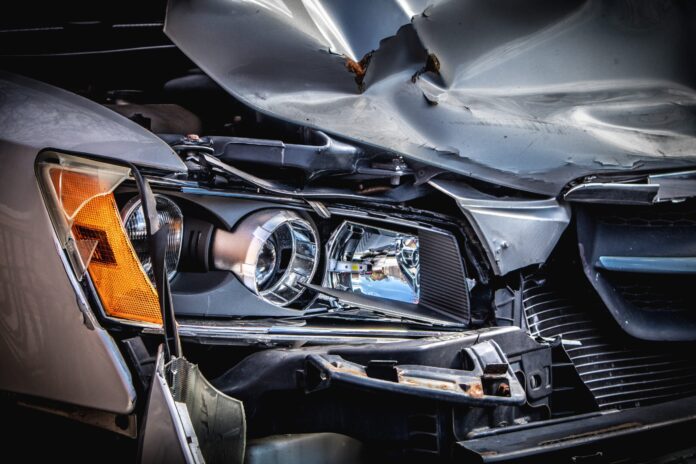
Q: Recently I was travelling along a small country road. There was a car coming towards me as we were both approaching a narrow stretch of road. We were both slowing, but it seems like the other person’s car hit a patch of ice and skidded uncontrollably into my vehicle. I think I was going maybe 10 miles an hour. The other driver was going much quicker and his brakes didn’t seem to slow him. At the scene he said that he was responsible, but he and his insurance company are now refusing to pay for the damage to my car. It is sitting in the garage and I need to get back on the road. Can you advise me on what I can do?
Dear Reader,
Your first step in a situation like this would be to give a full account of what happened to your solicitor. Ideally, the Gardaí should have been called to the scene before any vehicle was moved. However, if you failed to do so or if Gardaí advised you to move the vehicles so as not to cause an obstruction, so be it.
While the issue of ice on the roads is an important factor, it is incumbent on the driver of a vehicle to make sure that they are driving in a safe manner, bearing in mind the road conditions at the time, including ice. In situations such as this, where there is no admission of liability, the issue can be determined by outside evidence.
I note that the accident was in a rural area and therefore it is perhaps unlikely that there is CCTV available, but it might well be worth having a look in the locality to make sure.
Some photographs of the locality of the accident might also be instructive. If ice were to often accumulate on the stretch of road that the other vehicle was travelling, this might be decisive. Of course, any photographs you may have taken in the immediate aftermath of the accident would be very helpful.
You should also make contact with your own insurance. Depending on the nature of your policy, they might offer to repair your vehicle. While this may have an effect on your no-claims bonus, it would at least enable you to get back on the road in the short term. Your insurer can then try and determine liability with the insurers of the other vehicle.
You should take no steps to repair your vehicle until such time as your insurer’s engineer has had a chance to inspect the damage to both your vehicle and the other vehicle, as such an inspection can give a lot of information.
You should ensure that you remain in close contact with your insurers at all stages. If you are unhappy with a reply from your insurers or the other party’s insurers, or if you sustained any injuries, you should consult with your solicitor.










